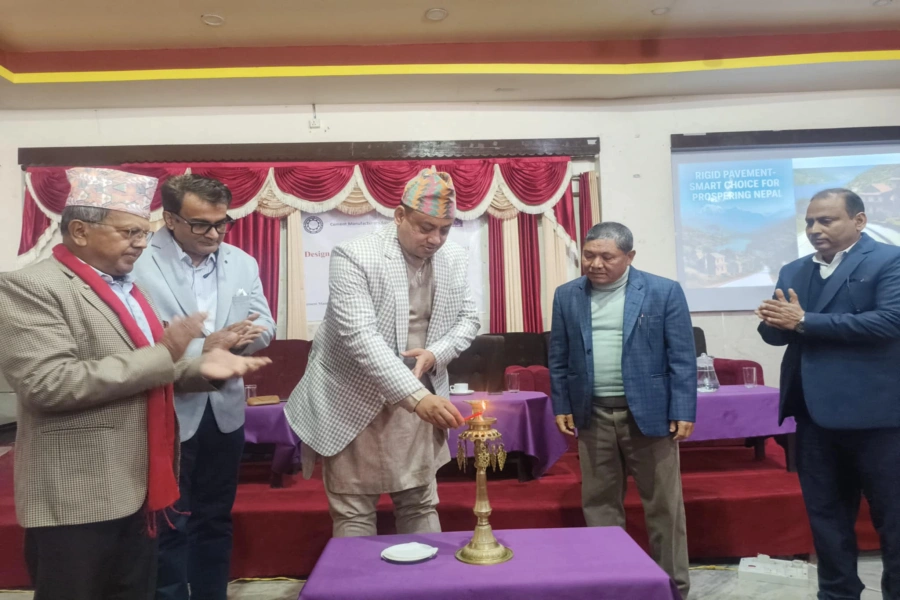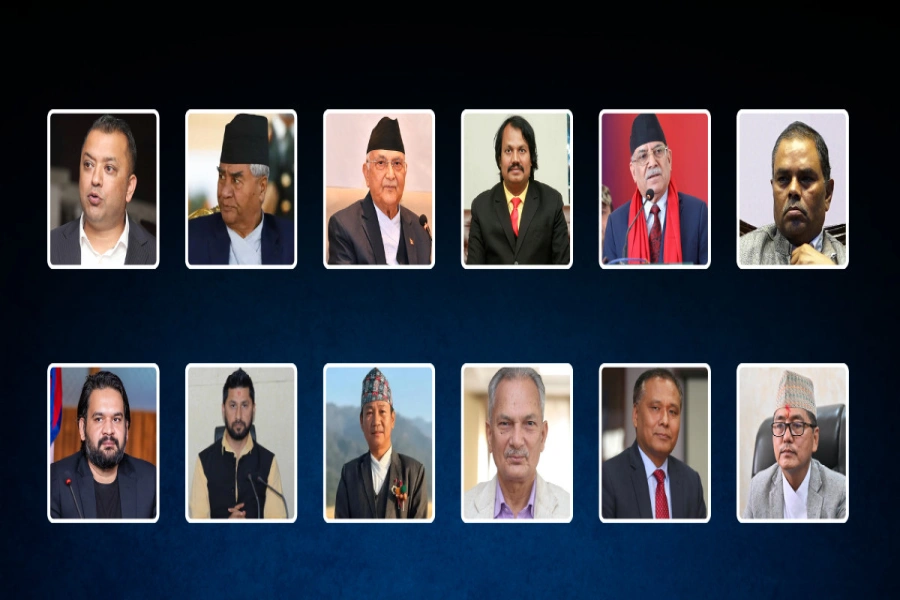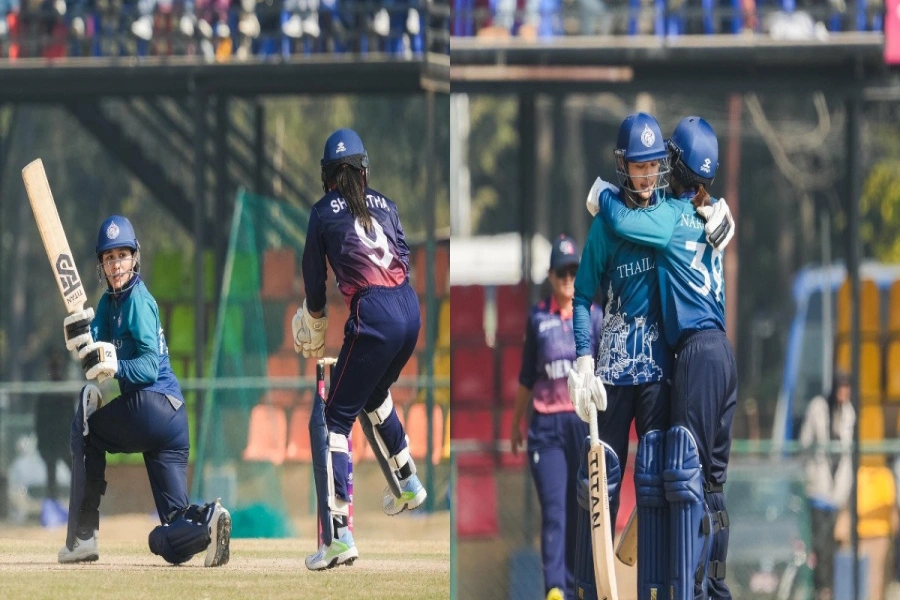The pace of cancellations is the fastest ever, not counting the latest lot, only 51 licenses had been revoked over the last two decades. The government´s latest move to increase license fee resulted in the soaring number of cancellations.[break]
"Most of the developers are either not paying their survey license renewal fees or have withdrawn their applications after the government increased the fee," said Gokarna Raj Pantha, a senior divisional engineer at the Department of Electricity Development (DoED).
In October 2012, the government amended the Electricity Regulations, 1993 to discourage license holders who have not shown genuine intentions of developing hydropower projects.
"The amendment to the regulations to increase the survey license fee has helped us identify the genuine developers," Pantha, said.
The amendment has categorized hydropower projects’ survey licenses into six groups, fixing license fees ranging from one million rupees to six million rupees depending on the scale of proposed power generation.
One million rupees has been fixed as the license fee for hydropower projects with capacity to generate 1 MW to 5 MW electricity, two million rupees for those with 5 MW to 10 MW, and three million rupees for 10 MW to 25 MW projects.
For larger projects, those with proposed capacity of generating 25 MW to 100 MW of electricity will have to pay four million rupees as license fee and for those with 100 MW to 500 MW will have to pay five million while for those above planning to generate more than 500 MW capacity plants, the license fee has been fixed at 6 million rupees.
Earlier, the rates for survey licenses ranged from a minimum Rs 50,000 to a maximum Rs 200,000.
With the new regulations, the growing penchant of so-called developers to hold licenses to put the precious water resources under their control has been significantly discouraged.
The government has warned that it will cancel survey licenses of around 1,600 proposed projects, which includes small, medium and large scale, to cleanse anomalies among license holders’s intentions.
"There was a very bad tendency to hold licenses as the fee was very nominal. The government has now taken strong measures to make license holders more serious on timely executing the projects or pave the way for other developers,” Pantha said.
The Electricity Act, 1992 had cleared the deck for issuing licenses to the private sector to develop hydropower projects. That act had opened the floodgates with the fee for acquiring a license for developing a hydropower project was a negligible Rs 150 per project.
In 2007, the government increased the survey license fee to Rs 50,000. "But the rise in survey license fee in 2007 failed to make any significant change in the mindset of unscrupulous developers. Rather, the tendency to apply for new survey licenses went further up since then,” added Pantha. According to statistics compiled by the DoED, most of the survey licenses were issued after 2007
It has been clear that a low survey license fee is the key reason behind the bleak picture of project execution on time.
"The sharp rise in license fee has forced unscrupulous license holders to bow out, paving the way for genuine developers. We are hopeful that the ill-practice of securing licenses without any project implementation plan will drop gradually,” said Pantha.
According to DoED´s statistics, there are just 187 valid survey licenses which have a total 12,169 MW installation capacity.
These projects are of more than 1 MW capacity each.
Similarly, there are 250 valid hydropower project survey licenses which make up a total of 150 MW installation capacities.
The DoED has issued generation licenses to 87 projects, out of which just 51 projects are under construction with proposed capacity to generate 1,841 MW electricity.
The remaining 36 projects that have not started implementation process have a total 687 MW of installation capacity.
Though officials said the sharp rise in license fee has discouraged the practice of holding licenses for malfeasant intentions, the end result of the government move is still to be seen in the actual implementation of projects by those who are retaining their licenses by paying the increased fees. “It is time for us to judge the genuineness of those who have renewed their licenses after paying the increased licenses fees,” added Pantha.
Litmus cables appoints Superstar Rajesh Hamal and his spouse Ma...

















_20220508065243.jpg)




















